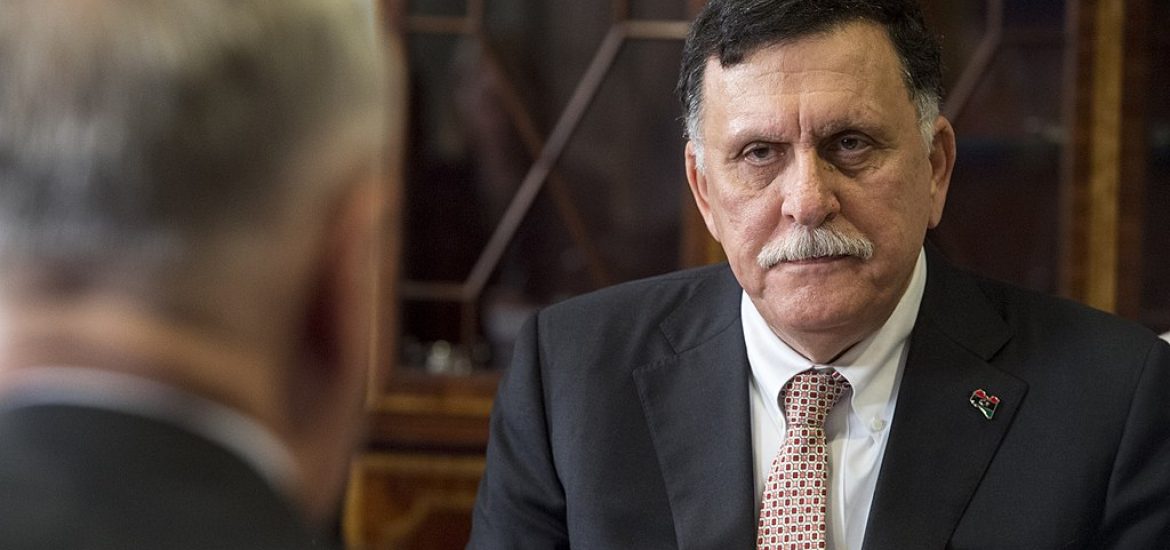
Libya aims to more than double its oil production to 2.1 million barrels per day (bpd) by 2021 provided security and stability are boosted, said Mustafa Sanalla, the chairman of the state oil company, the National Oil Corporation (NOC).
The war-torn state produces 953,000 bpd, compared to its pre-war capacity of 1.6 million bpd, according to Sanalla.
The oil boss demanded increased security at El Sharara oil field to ensure the 315,000 bpd site – which on December 8 was overrun by tribal activists, protesters and security guards demanding unpaid wages – could return to production.
El Sharara, around 750km southwest of the capital Tripoli, is the country’s largest oil field. Until recently it was producing about 270,000 barrels of oil per day, more than a quarter of Libya’s daily oil production.
The oil activists demanded the rebuilding of cities and towns affected by post-2011 armed conflict and providing liquidity for banks in the south to boost recovery efforts.
“What happened in El Sharara discourages foreign companies,” said Sanalla, who announced a visit to China in early 2018 to discuss oil investment opportunities.
“The legitimate and rightful concerns of the southern Libyan communities are being hijacked and abused by armed gangs, who instead of protecting the field to generate wealth for all Libyans, are actually enabling its exploitation and looting,” said Sanalla.
He also confirmed the improved security conditions in the Sirte basin in central Libya which would enable the launch of production at the Farigh gas field to 24 million cubic feet per day in three months, with an eventual output goal of 270 million cubic feet per day, Sanalla said.
Prime Minister Fayez al-Serraj (pictured) recently agreed to set up funds in excess of US$700 million for the development of southern Libya, which has suffered from decades of neglect after talks with the El Sharara militants. The talks followed a warning from Sanalla that the government should not encourage the militant groups at El Sharara with concessions as this would set a dangerous precedent for other direct action.
Despite security problems, the NOC said it expected full-year revenue to surge by 76 per cent to US$24.2 billion for 2018.
Prime Minister Fayez al-Serraj. Libya’s oil producers struggle with security challenges, making the war-torn state an unreliable member of Opec. Picture credit: Wikimedia






[…] Libya oil chief bullish amid chaos […]